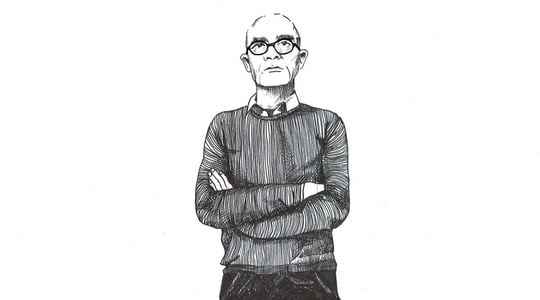It was in France that trotting races were born. The first in Cherbourg on September 25, 1836. The National Studs, created in 1665 by Colbert (then Royal Studs), were in full restructuring, and it was from this equestrian restoration that the young Ephrem Houël would emerge, with a wacky idea : organize trotting races. In other words, slow races. One of his imitators was even going to imagine following him to offer walking races. Well, that didn’t happen. We stayed at the trot. And it was a triumph.
For the details of this adventure, you can obtain Jean-Pierre Reynaldo’s book (Edition du Rocher), devoted to Ephrem Houël.
The rest of the story is played out for horse breeders in the need to select their livestock. It is guided by a fantasy of its time: the “improvement of race”. An objective which, in France, would take on all the appearances of a philosophical concept, with the invention of the terms “thoroughbred” and “pure-bred Arab”. What the English called thoroughbred (“raised in excellence”), the French mistakenly translated it as “thoroughbred”, thus adding to Mendel’s laws a notion of purity and therefore purity of the breed in contradiction with one of the very principles of breeding which consists in crossing the different breeds of horses to try to obtain products which have the best qualities of each of these families (term preferable to that of “breed”). At the end of the absurdity, trotting horses have been given the degrading qualifier of half-blood. As if they were only half pure.
Eugenic monstrosities always go hand in hand with semantic distortions.
To know more about the trotters you will buy the beautiful book of Jacques Pauc, 50 years of races and encounters, which traces the more recent history of this invention which has spread throughout Europe, the United States, as far as Australia, everywhere except in England where trotting races are still considered a joke. We assume. Why not laugh with the horses? The joke is today one of the most solid sectors economically, one of the most virtuous socially, sportingly, culturally, and for the preservation of the planet I won’t tell you.
As for their place in our “national identity”, we must refer to what is said abroad. For the whole world, trotting is France. And for the international horse world, France means trotting.
Pauc’s book opens with a magnificent photo that takes up a double page. It was taken in 1970 at the New York racecourse where the World Championship opposed Une de Mai, trained by Pierre-Désiré Allaire, and Tidalium Pelo, trained by Jean Mary. Between the two men, it was “war”. And from the first round, their two champions fight each other, as they say, so much so that they wear themselves out prematurely and have their hair cut at the finish by the Canadian mare Fresh Yankee.
It is therefore not the image of a French victory. She is no less symbolic of the fusion between man and horse when we know, by an indiscretion that they would like to forgive me, that fifty years later, the daughter of the trainer of Une de Mai shares his life with the son of Tidalium coach Pelo.
Pauc’s book contains a multitude of anecdotes which have the value of puzzle pieces composing a landscape and a popular legend which makes aware to the most refractory to the patriotic idea, like me, that France is a great thing, that it exists through its disappearing microcosms, but slow, very slow.
Let’s end with a quote. Jacques Pauc owes it to Gérard Aristidès, known as “The Greek”, brother of the designer Fred (Hara Kiri, Pilot…) and historic gambler. He happened to win, and then, in this moment of euphoria, shaking his wad of beef, he exclaimed: “And to think that there are some who work!”
